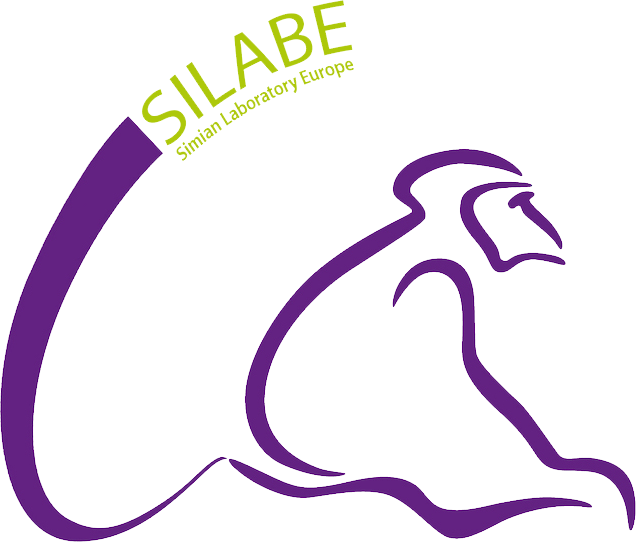More than twenty permanent employees of the University of Strasbourg work at the SILABE platform in the following professions :
Animal Technicians
Animal technicians play a central role at the SILABE platform. These positions are filled by men and women who are concerned for and respectful of animal welfare and who are involved in the public service missions of the University of Strasbourg.
Initially trained as animal carers or laboratory animal technicians, SILABE’s animal technicians are required to undergo additional training in ‘experimental procedure application’ specific to the platform's species. On a daily basis, they carry out the zootechnical operations necessary for maintaining the colonies in optimal condition. Thus, each day, they observe the animals in their social groups, feed them, monitor the environmental parameters and check that all equipment is in working order. In addition, they clean the enclosures and implement environmental enrichment programmes which contribute to the animals’ well-being.
The animal technicians also assist the vets in carrying out health checks, administering specific care and conducting procedures related to ongoing scientific projects.
Finally, the animal technicians share their knowledge, their expertise and their best practices as part of the training courses offered on site and during the internships for students preparing for careers in animal science and/or research.
Gaël, Animal technician : To do this job you have to like animals, be patient and adaptable and know how to deal with the unexpected
Veterinarians
With a doctorate in Veterinary Medicine, SILABE’s vets are the guarantors of the health status of the animals on site and of proper colony management. They provide animal care in accordance with the code of Good Veterinary Practice and carry out procedures in the context of research projects that have been validated and authorised by the external ethics committee and the Ministry of Research.
On a daily basis, they apply their knowledge and expertise to the health management of the social groups present on site.
As designers, along with our scientific project leaders, the vets lead, design and carry out the scientific projects entrusted to the SILABE platform.
The vets share their observations and good practices with their scientific networks, thus contributing to the refinement of procedures and of techniques used.
Pierrick, veterinarian : To be a vet you must, first and foremost, enjoy being around and in contact with animals, … combining this with scientific research makes the job fascinating.
Scientific project leaders
SILABE’s scientific project leaders have a PhD or Master's degree in life sciences. As designers, they lead and coordinate the scientific projects entrusted to the SILABE platform. They draw-up project applications, develop protocols, collect data and produce final written reports. They are the main contact for research clients and use their deep knowledge of the species to advise in the choice of model, its justification, study design and implementation of good practices in relation to the principle of the 3Rs.
In addition to these tasks, project leaders monitor scientific and technological developments in order both to improve best practices and to share with their scientific networks.
PH, project leader : This job allows you to stay in touch with science and scientific advancements as well as to contribute to the development of knowledge in the field of scientific and biomedical research.
Animal Welfare Manager
The Animal Welfare Manager plays a key role at the SILABE platform. With a higher education degree in life sciences and in-depth knowledge of ethology, they supervise all activities at SILABE. They ensure compliance with the regulatory framework for the use of animals for scientific purposes and work with the various teams on site to implement programmes and practices that contribute both to animal welfare and to the ongoing improvement of the housing conditions.
They keep up-to-date with scientific networks in their field and are committed to helping the staff working with the animals to implement best practices.
Helen, Animal welfare manager : I am passionate about animals, and primates are among the more interesting species to observe and spend time with... The bond with the animals is rewarding. When an animal approaches and takes a treat from your hand, it means the relationship is a good one.
